The move from nursery to primary school can feel a big step – for children and for the adults supporting them. We asked over 100 early years educators from different settings about their own personal top tips for how they support children with this transition.
In this blog, we explore 10 of the most popular tips shared.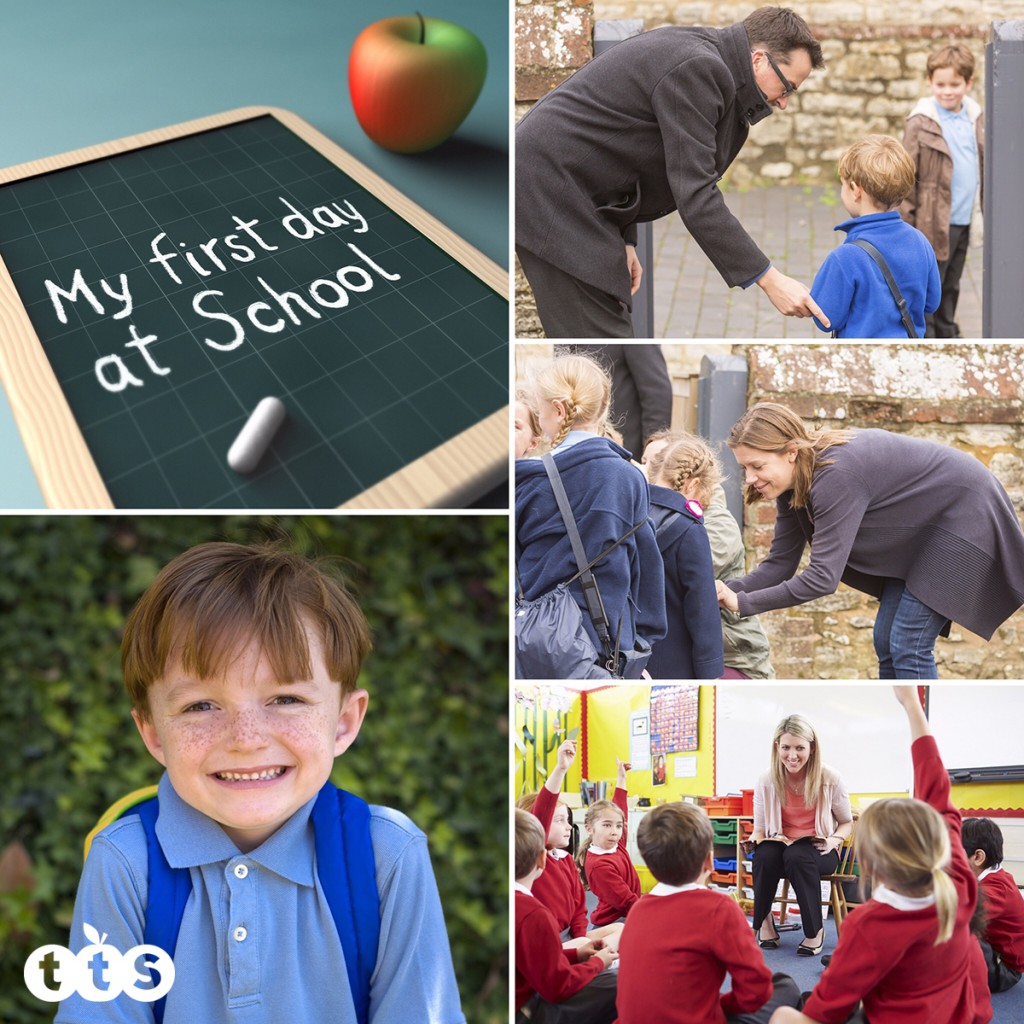
-
A visit to school ahead of time for a successful transition – more than once if possible
This will increase children’s confidence greatly for transition from nursery to school. Multiple short outings to your local school could include attending their Autumn Festival, Christmas, Diwali or Easter celebrations. With permission, you could take children for walks around their grounds (not during playtimes, of course!). This time could be used for ‘Nature Walks’, or simply just to run around. Another lovely idea we heard was to take children to school summer sports/activity days, and cheer on any of your past children! Once the sports have ended, you could run your own races on their field or playground. Alternatively, you could consider reversing this process, and take some school routines back to your setting.
-
Create photo transition books
Many of our practitioners made books for their children after their school visits, with photos of the new school staff, favourite toys, activities or specific resources or environments enjoyed whilst there. These can then be taken home to share and talk about with their parent or carer. Many practitioners also point out familiar resources the school has which are similar to those within their own setting. Simple photo albums or display books can be used but Talking Photo Albums make an engaging visual and interactive book with sound clips from the classroom, children’s recordings of favourite toys, areas of the classroom or books.
-
Develop good relationships with your local schools
Our practitioners agreed the return on investment of the time this takes is invaluable. If you can develop a good relationship with your local school (including everyone from the admin team to the head) they are much more likely to accommodate and welcome visits from you and your children. You may even be able to negotiate the ‘release’ of some Reception teachers to visit you in your setting! Other tips included personally delivering your Nursery to School Transition Forms once completed (with the children if possible), rather than posting them or sending via the local borough. And sign up to your local school e-newsletters or ‘like’ their social media pages so you can keep up-to-date with any events they may hold. It’s really important to have a close relationship with the school throughout the year, not just at times of transition.
-
Create a school role play area
This is so easy and effective. In your role play area you can have school bags, uniforms to dress up in, your photo transition books from point 2, and school logos on the walls. Some of our practitioners hold a few school uniform dressing-up days nearer the end of term – again, to build confidence and to reduce the risk of anxiety the following September.
-
Read books on ‘going to school’ or create your own social situation stories
Reading stories about other children going to a new school provides a great basis to start talking about the move on up and the associated feelings that may occur. There will always be some children who require more bespoke support, and for those you could consider making your own social situation story to address that issue (eg. a best friend going to a different school). Stories provide a good way to talk around feelings that some children may struggle to express.
-
Focus on change as a good thing!
One of our practitioners said ‘Within my setting we focus on change as a good thing. We look at seasonal changes and other positive examples of how changes can lead to better and/or different opportunities. We read books, do role play, go to playgroups held by local schools. And we also involve older children already in school and talk about what school life has to offer and all the fun things that the children do at school.”
-
Develop children’s independence
Don’t forget to focus on small tasks that will make a big difference to a child starting reception class: being able to put on their own shoes; to get dressed/undressed without help (think of the PE lessons!); to independently go to the toilet and wash their hands; and crucially having the confidence to ask an adult for help (they will be on a different ratio at school, with only a teacher and classroom assistant, so they will need to ask for help if they need it). Independence skills are vital. Encourage all children to ‘have a go’ and provide challenging activities.
-
Help children to maintain their attention and focus
We loved this response from one of our practitioners about how to achieve this. “We have Doug the Dog who has a ‘good listening’ symbol on his ears, a ‘good sitting’ symbol on his stomach and a ‘good looking’ symbol beside his eyes to help children to maintain their attention and focus. If Doug can do it, so can you!”
Think about building children’s attention and listening skills so that they can sit within a group and share, for example at carpet time, or for a short story.
-
Support parents and carers
Some parents need a lot of support during the transitional time; they may not realise the many differences between a private nursery and a maintained school setting, and some will have difficulty in understanding this. Our practitioners’ advice was to act early to support parents in preparing their children for school. Help educate them that independence skills are an essential part of growing up. Make time available to work with families. Show them your transition books and encourage them to discuss these with their children.
-
Keep child focused
And finally, one thing our practitioners did say, was just to remember that children do not know what ‘big school’ is all about. They will hear everyone talking about it but, as they have no real experience of it yet, it may frighten them causing them to be scared and possibly to act completely out of character. Be patient and remember to explain things clearly. Let them talk and say what they think it is. Have patience and understanding that all children develop at different rates. By doing that you won’t go far wrong.
A huge thank you to all of our contributors.
Blog updated in August 2025 by Catherine Jewkes.
Catherine is a former teacher, senior leader and qualified SENCo, having taught across many different year groups from Nursery to Year 6. She has also worked for a Local Authority leading and supporting a locality of over 70 mainstream and specialist settings from nurseries through to colleges, helping to develop and implement provision for their learners with special educational needs and disabilities (SEND).

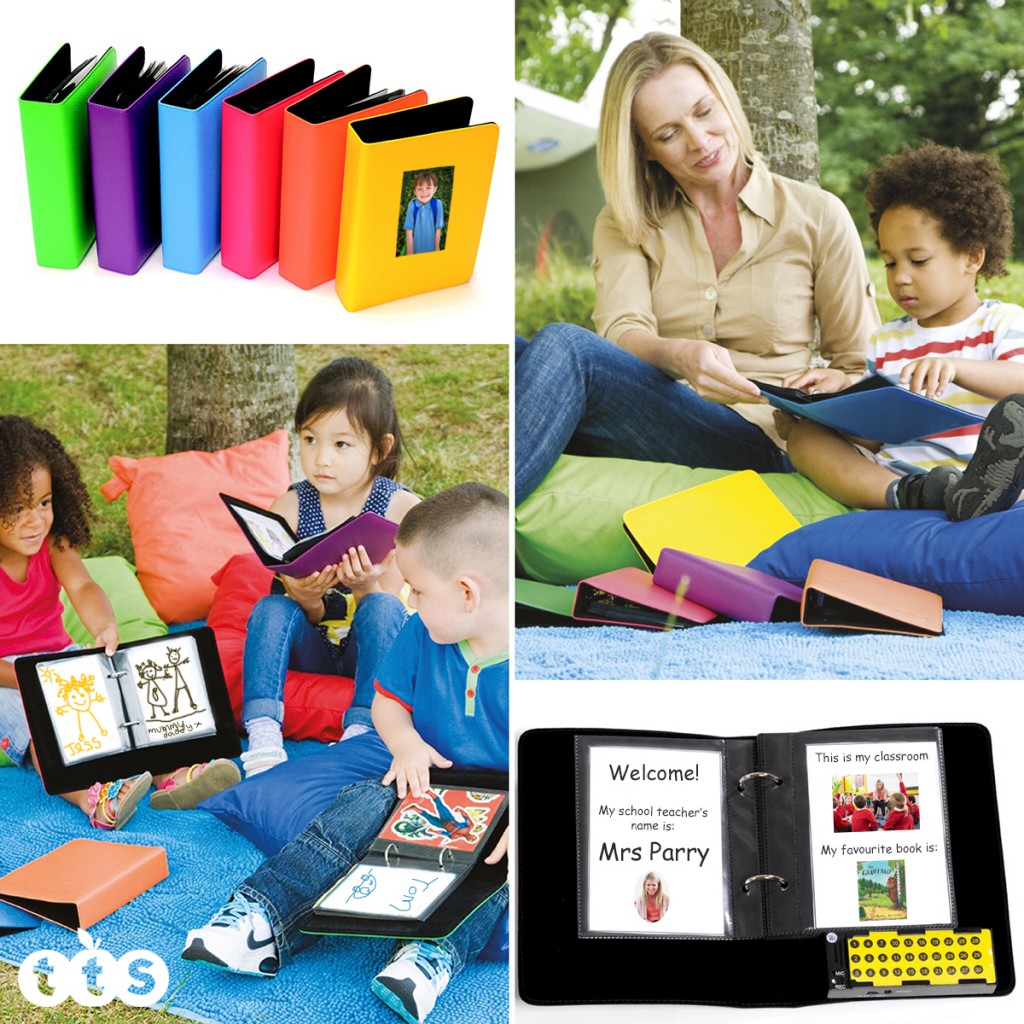
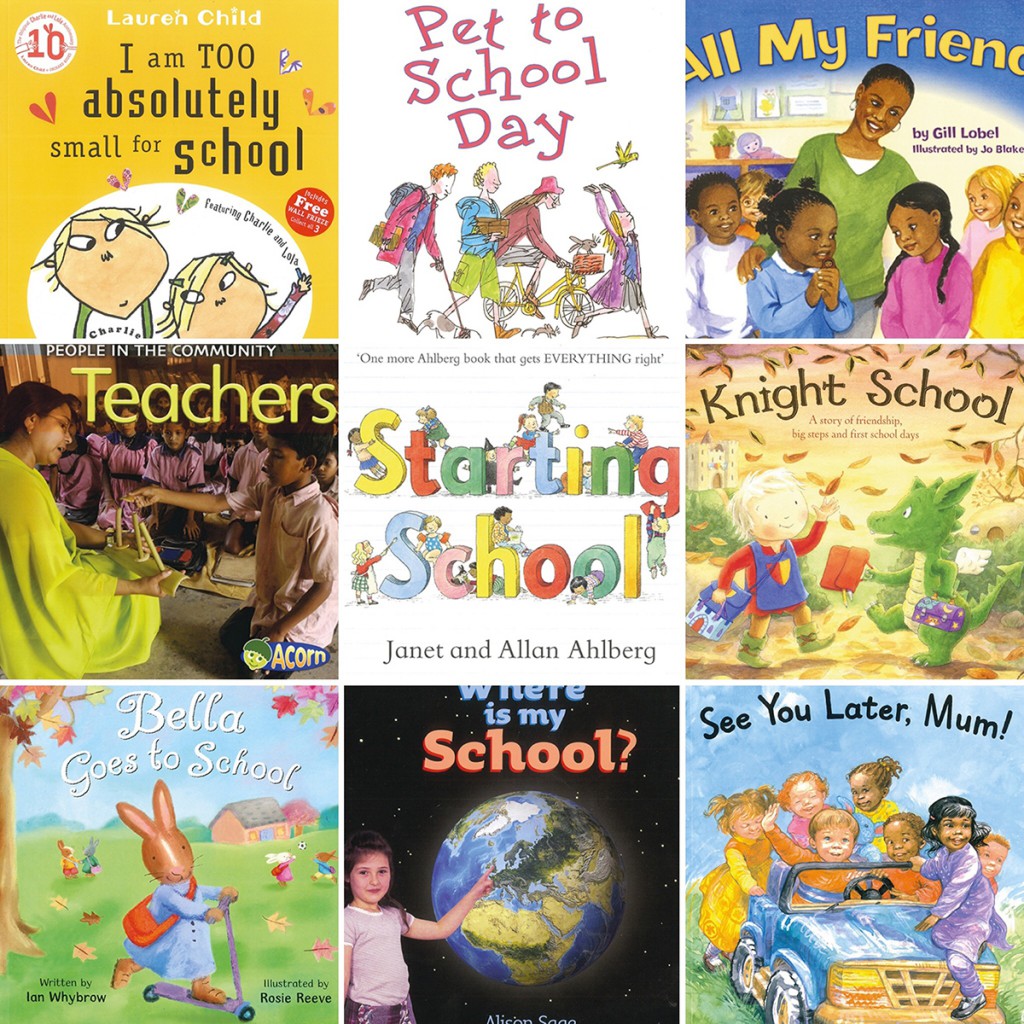
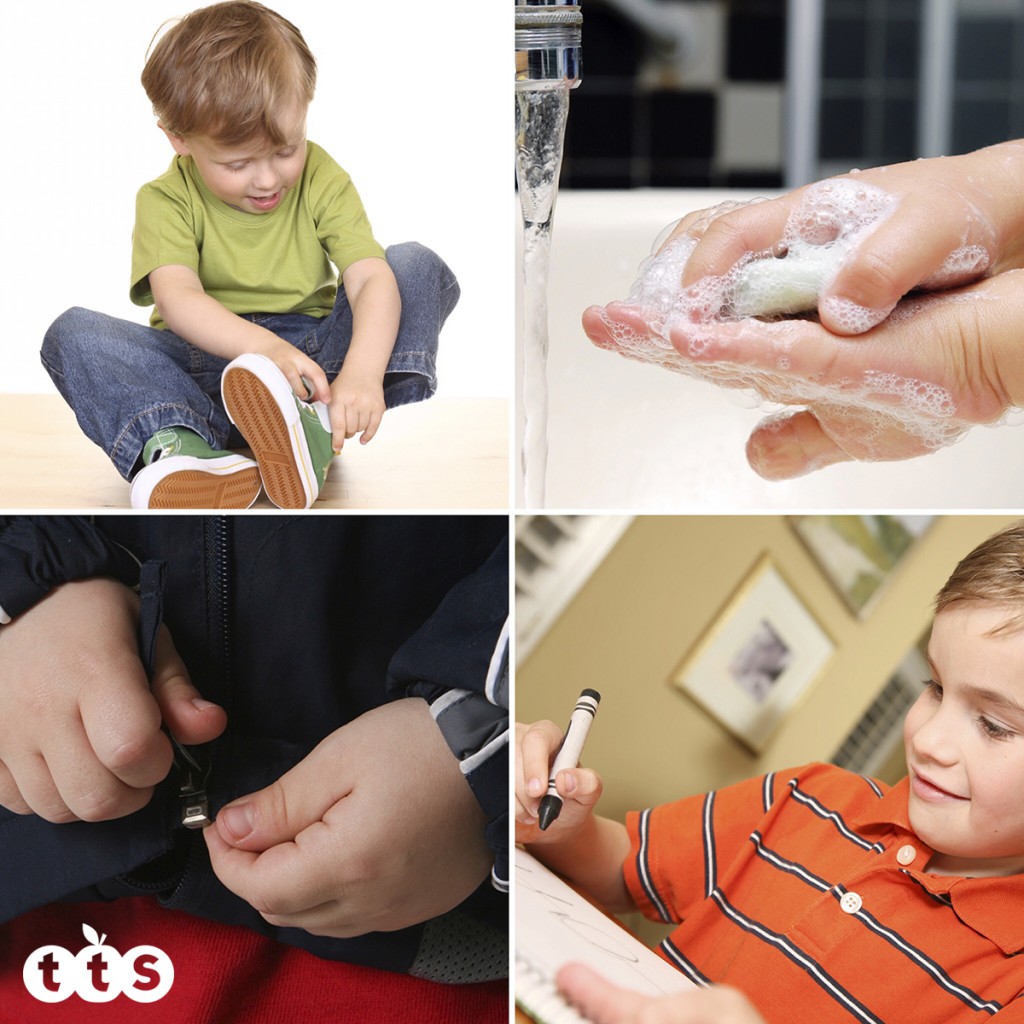
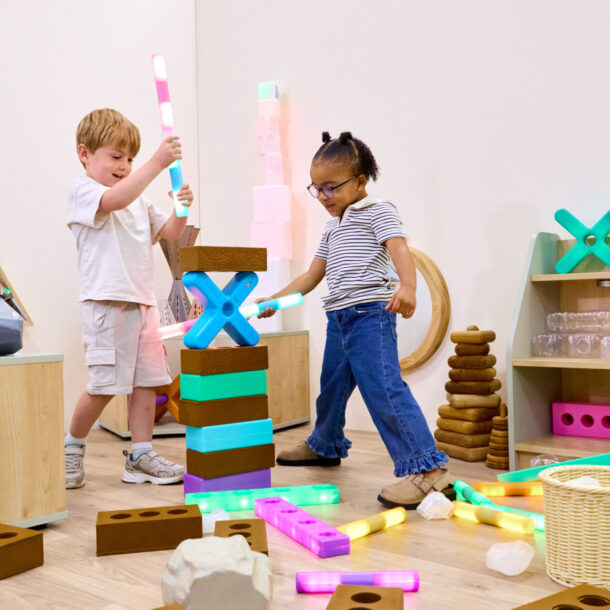
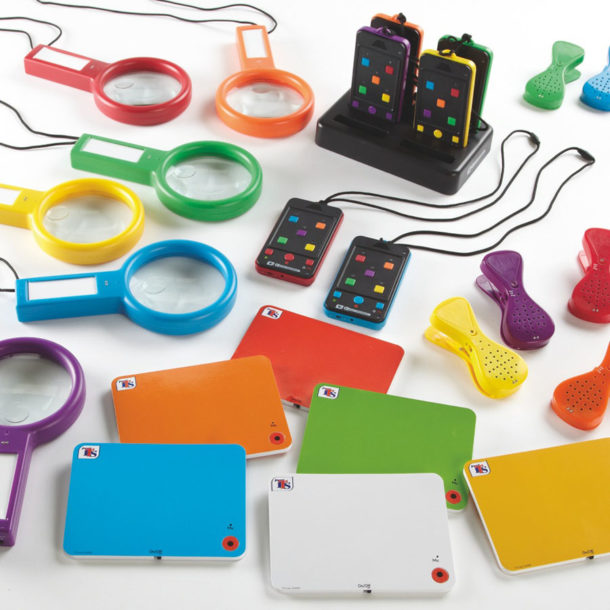
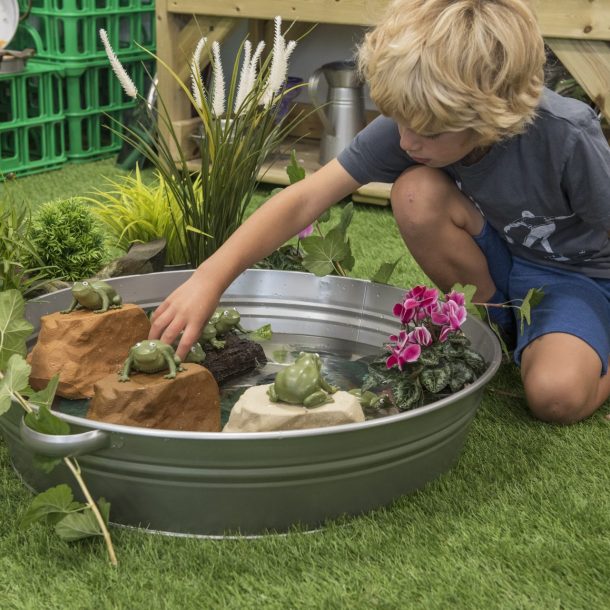
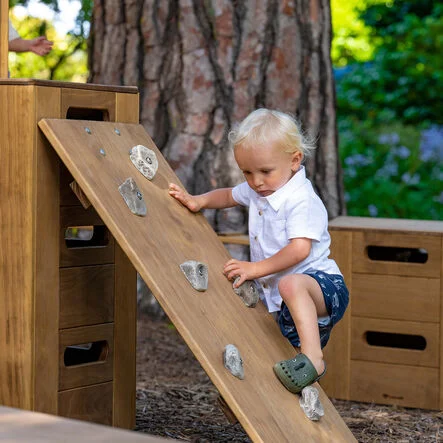
nice post, thanks for share.
Thank you 🙂